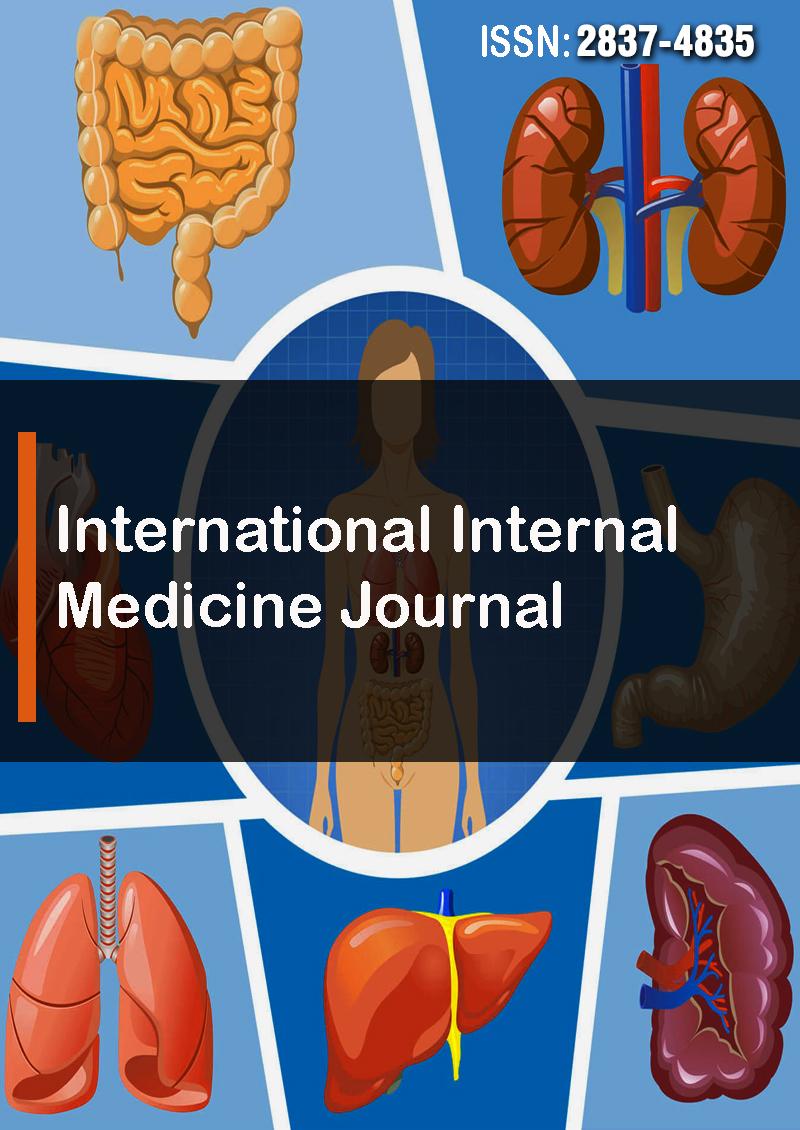Predictors of Not Exclusively Breastfeeding Among Ghanaian Women: A Cross-Sectional Study
Abstract
Mary Ann Wepiamo Chanase
Background: Exclusive breastfeeding (EBF) is a practice highly recommended by WHO and UNICEF for all infants to be given solely breastmilk in the first six months. This practice is advised because breastmilk is the gold standard of infant feeding as it is untainted and comprises all of the essential nutrients for the first few months of a child’s life. The objective of this study is to focus on the factors that prevent mothers from not exclusively breastfeeding among Ghanaian women residents in rural and urban geographic locations.
Methods: Data was acquired from the 2014 Ghana Demographic and Health Survey (GDHS) for this analysis. A total of 557 mothers who had infants in the last 2 years between the ages of 0 – 5 months were extracted from the individual child (KR) dataset. A Logistic regression model was utilized to ascertain the predictors of not exclusively breastfeeding among Ghanaian women.
Results: Overall, mothers engaged in exclusive breastfeeding was 52%. Ethnicity, infant size, region, marital status, mother’s age, and husband’s occupation have a significant association with breastfeeding status [Table 1]. The binary logistic regression revealed that timing of first antennal visits, maternal education, region, ethnicity, and husband’s occupation were significantly associated with predictors of EBF. Mothers without formal education and mothers whose husbands/partners' occupation was skilled manual labor were more likely to not breastfeed exclusively. Mothers residing in the northern part of Ghana, mothers of a minority ethnic group, and the timing of first antennal visits had lower odds of not exclusively breastfeeding.
Conclusion: The findings suggest that breastfeeding in Ghana is a universal practice since more than 98% of infants were birthed in the last 2 years before at some point. Despite the existence of breastfeeding campaigns and the high awareness created, EBF rates continue to decline in the nation. It is, therefore, crucial to develop and implement EBF intervention programs that aim at eliminating misconceptions and misinformation about the practice with more emphasis on the health and economic benefits of EBF.



